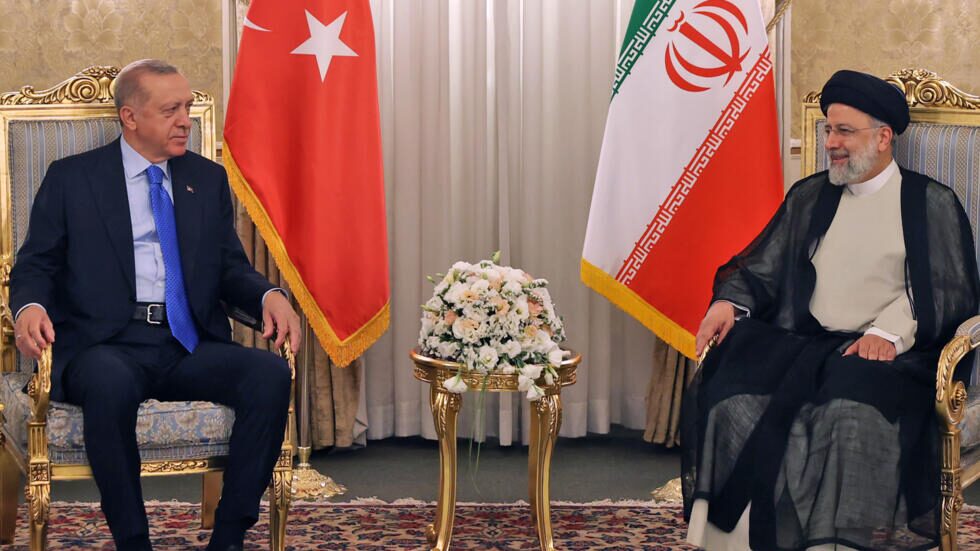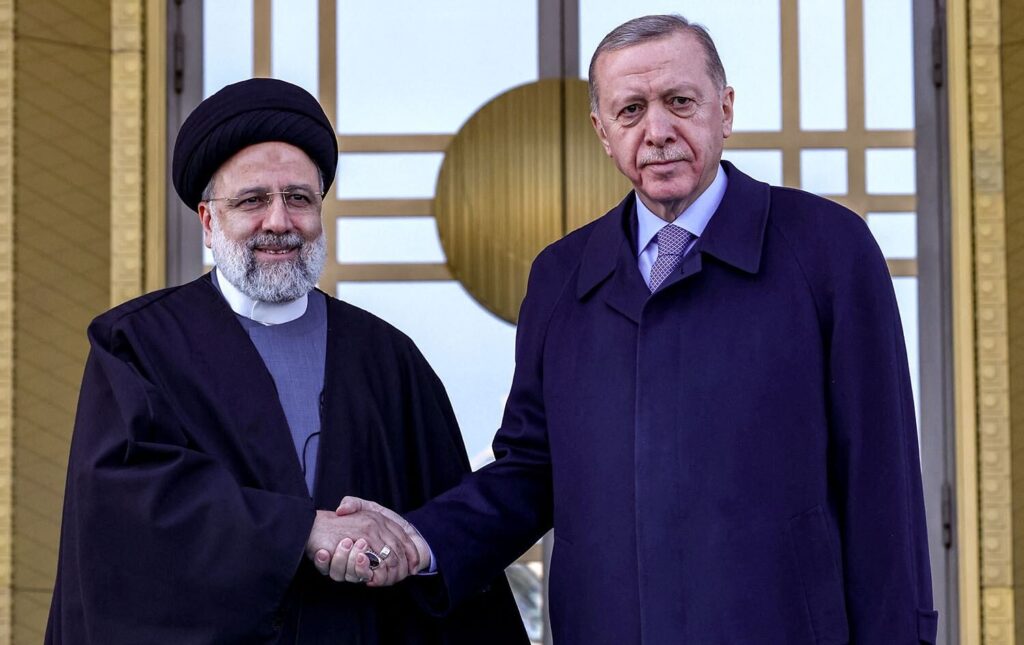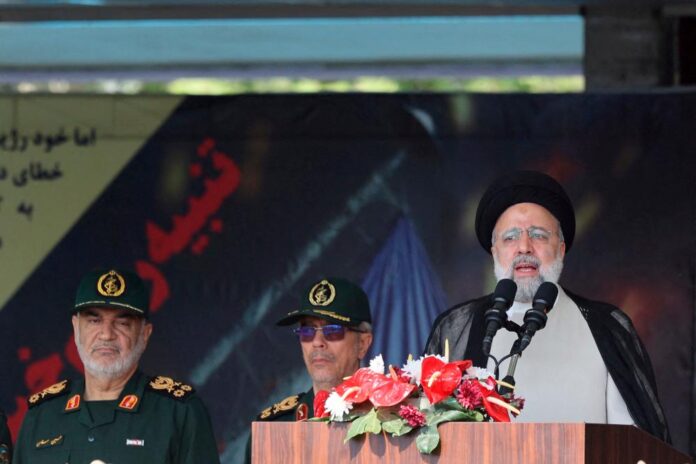The sudden death of Iranian President Ebrahim Raisi has not only stirred domestic turmoil but has also led to intense international speculation about which states or entities might benefit from his untimely demise. As theories of assassination and foul play circulate, it is essential to consider the geopolitical and internal actors who might find Raisi’s absence advantageous.

United States and Western Allies
The United States and its Western allies, long at odds with Raisi’s hardline stance and support for Iran’s nuclear program, could see his death as an opportunity to push for a more moderate leadership in Iran. Raisi’s firm opposition to Western policies and his close alignment with Supreme Leader Ayatollah Ali Khamenei made him a significant barrier to diplomatic negotiations. His absence might pave the way for a leadership more open to engaging with the West and potentially reviving the stalled nuclear deal.
Israel
Israel, which has consistently viewed Iran’s nuclear ambitions as an existential threat, may find Raisi’s death beneficial. As a strong opponent of Israeli policies and a supporter of groups hostile to Israel, Rais

Saudi Arabia and Gulf States
Saudi Arabia and other Gulf states, often at odds with Iran over regional dominance and sectarian conflicts, might see Raisi’s death as a weakening of their primary regional adversary. Raisi’s support for proxy groups in Yemen, Syria, and Iraq has been a major point of contention. A possible shift towards a less aggressive Iranian foreign policy could benefit these states, easing tensions and possibly leading to more stability in the region.
Internal Iranian Factions
Within Iran, various political factions opposed to Raisi’s hardline policies may find his death advantageous. Reformist and moderate elements within the government, often sidelined by Raisi’s conservative stance, could use this opportunity to gain influence. A leadership change might lead to policy shifts, addressing some of the economic and social grievances that have fueled public discontent and protests.
Russia and China
While Raisi maintained strong ties with both Russia and China, his death could also benefit them in unexpected ways. Both countries have substantial interests in Iran, from energy investments to strategic alliances. A period of instability could allow them to negotiate more favorable terms or expand their influence further within Iran, particularly if a less experienced or more pliable leader comes to power.
Conclusion
The death of President Ebrahim Raisi has created a power vacuum that could be exploited by various domestic and international actors. Whether through direct involvement or indirect influence, numerous states and internal factions might find Raisi’s absence beneficial. As Iran navigates this critical juncture, the global community will be closely watching the unfolding events and their potential to reshape regional and international dynamics.

